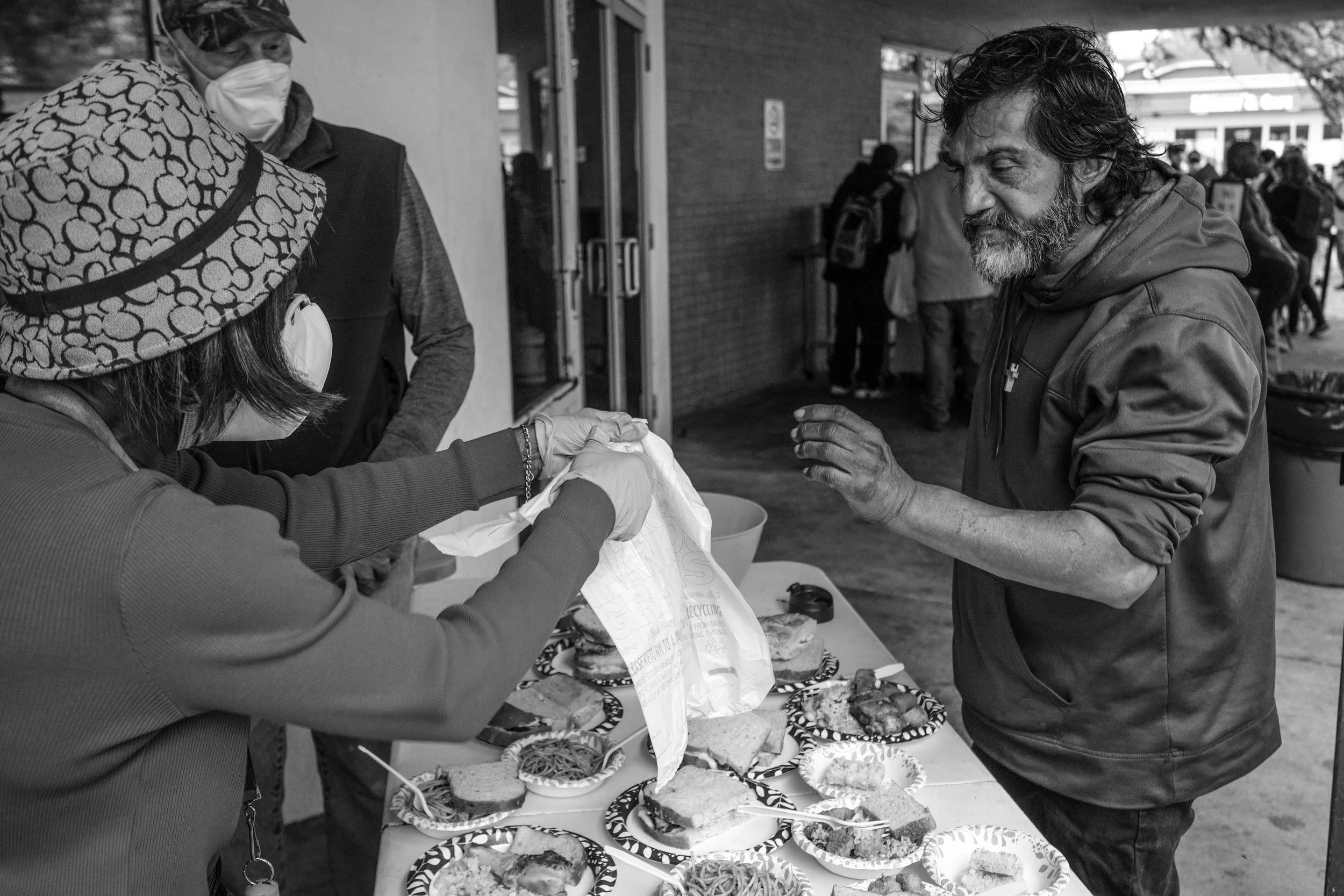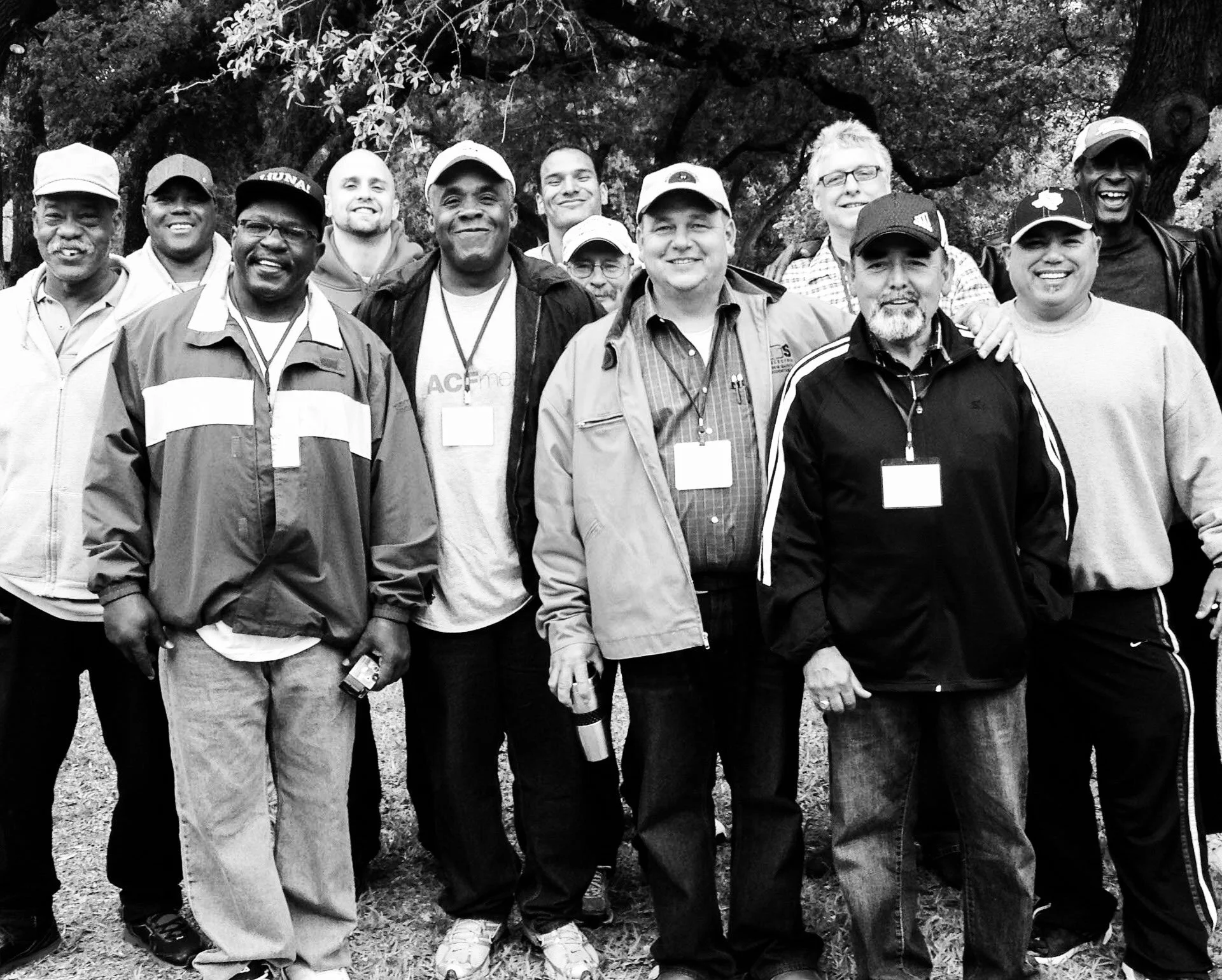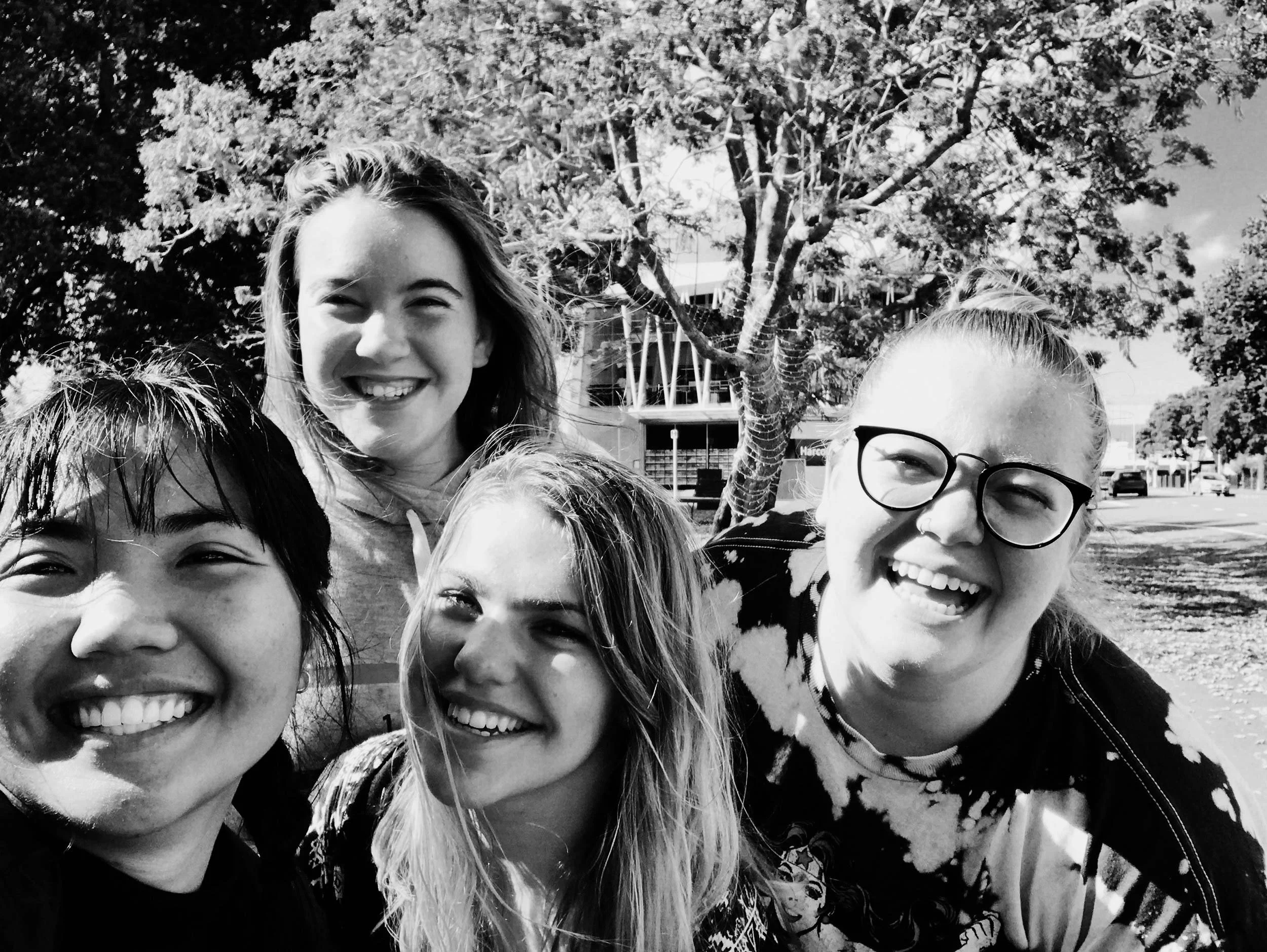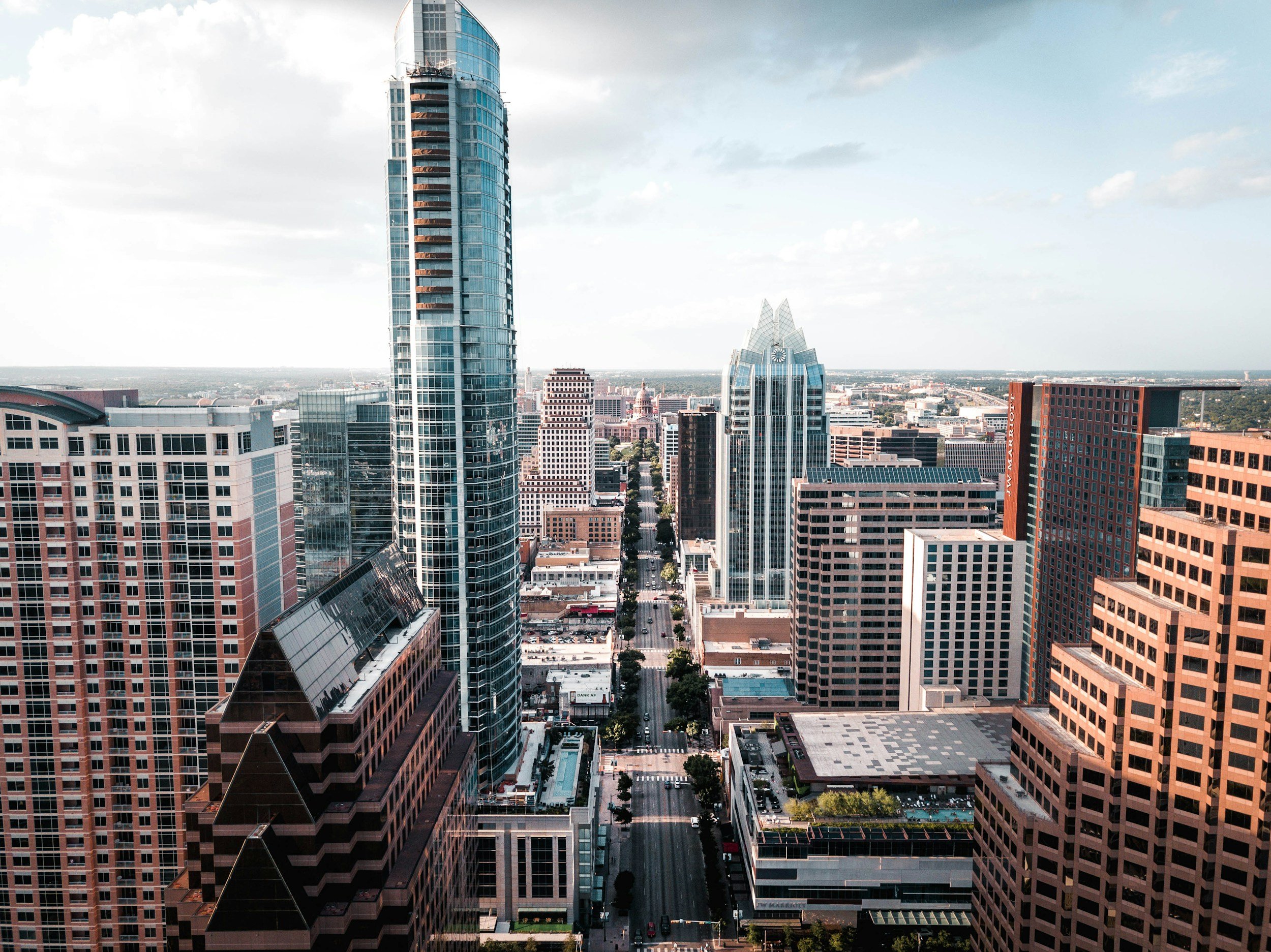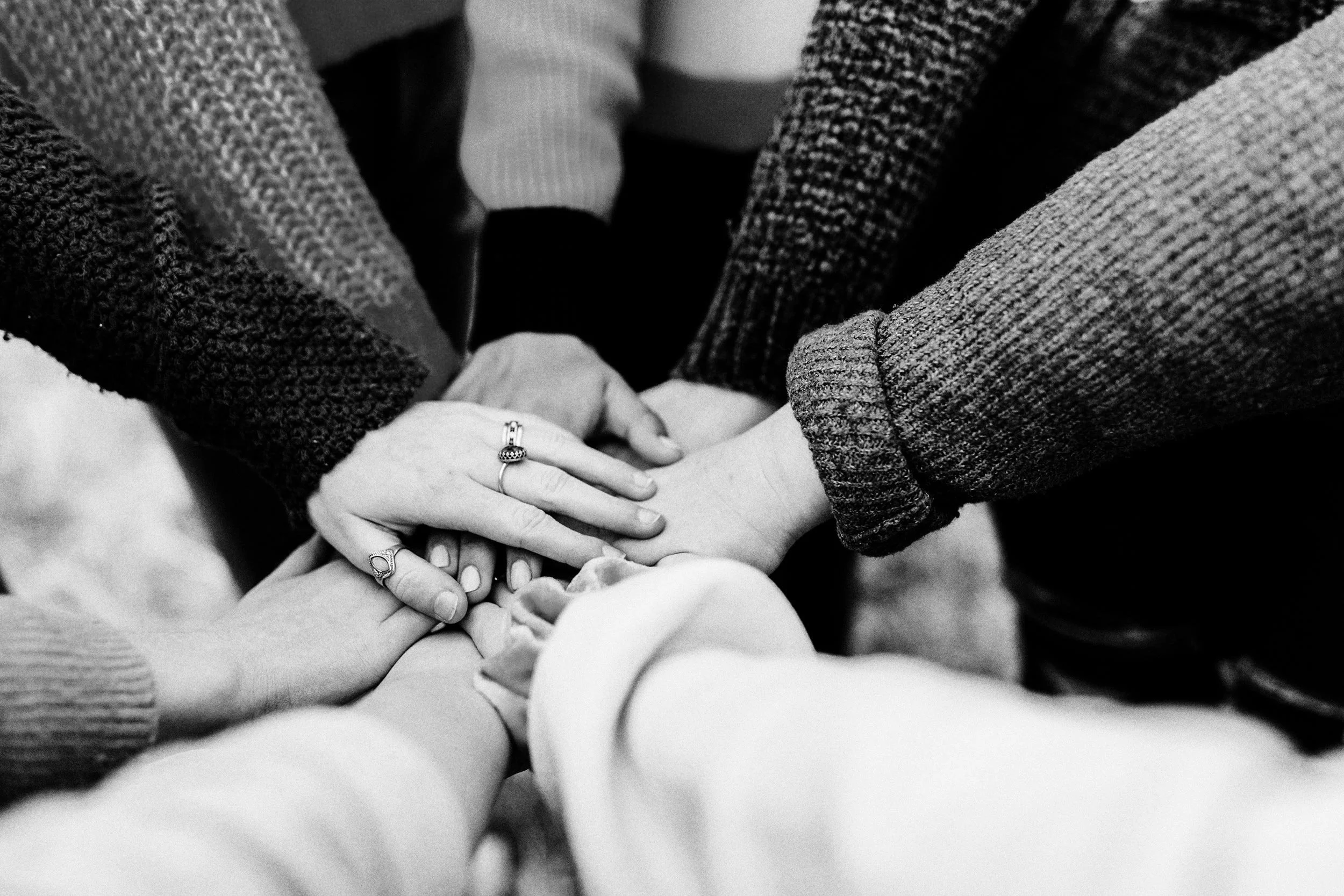
We’re Devoted to Ending Homelessness in Austin
Through partnerships with local congregations and social service agencies, we fund programs that help expand shelter and housing options for those facing homelessness in Austin.
Religious Coalition to Assist the Homeless: United in Purpose, Driven by Compassion
Together with Austin congregations, social service agencies, and caring individuals, the Religious Coalition to Assist the Homeless (RCAH) is committed to expanding shelter and housing opportunities for those experiencing homelessness. By funding frontline service providers, fostering partnerships among faith-based communities, and inviting volunteers to join the effort, we work collectively to offer hope, stability, and dignity to our unhoused neighbors.
Supporting Austin’s Frontline Service Providers
We provide grant funding to over 20 local agencies delivering emergency shelter, housing, case management, and compassionate care for Austin’s unhoused neighbors—including veterans, families, youth, immigrants, and medically vulnerable individuals.
Congregations & Service Agencies Working Together
For over 160 years, Austin’s faith communities have supported neighbors in need. RCAH brings congregations and service agencies together to advocate, coordinate, and care for those facing homelessness.
Lend a Hand in the Effort to End Homelessness
Whether you're part of a congregation or a caring individual, you can make a difference. RCAH and our partner organizations welcome volunteers ready to support Austin’s unhoused community.
